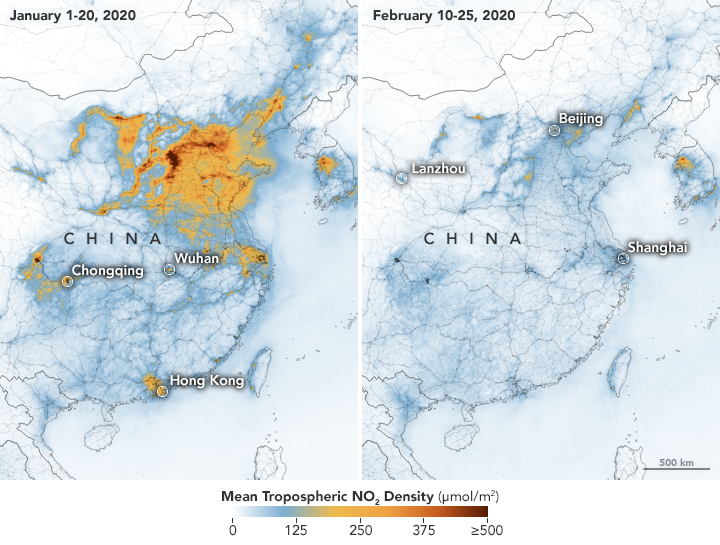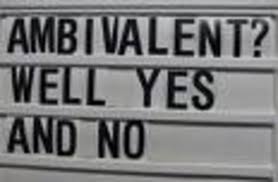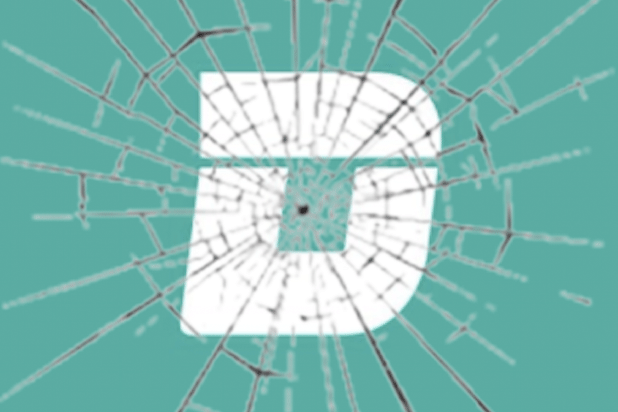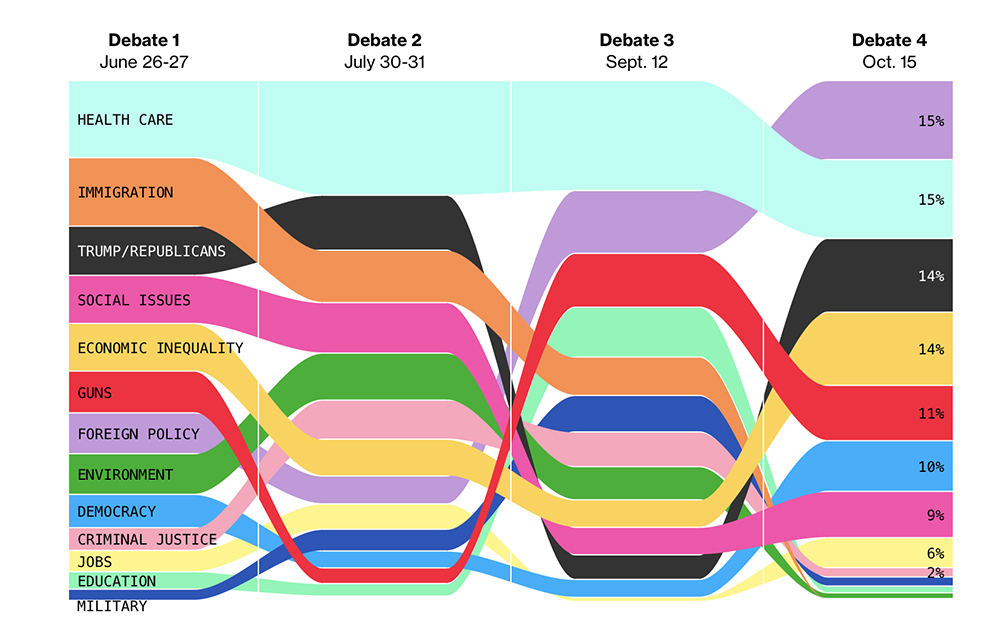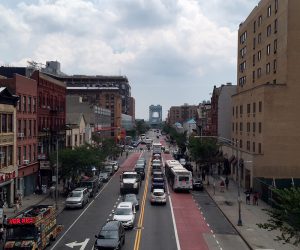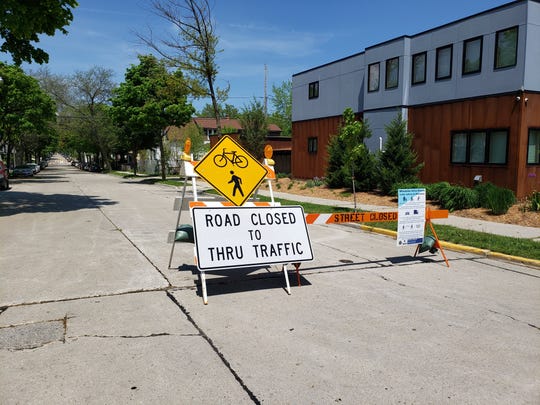
Necessarily ambitious climate targets to meet the Paris Agreement goals earlier must actually be designed to surpass them. As we’ve said often these efforts are results of broad collective action, by governments:
The centerpiece of Leonore Gewessler’s plan is a radical revamp of Austria’s public transportation networks, giving residents nationwide access to buses, trains and subways for a flat yearly fee that works out at 3 euros ($3.38) a day, encouraging citizens to leave their cars at home. Austria’s minister for climate, energy and transportation policy, is drafting new laws that’ll redistribute billions of euros toward more ecologically-friendly activities in the euro area’s sixth biggest economy.
“That’s the project that is very dear to my heart,” said Gewessler in her first interview in her ministry since the outbreak of the Covid-19 pandemic. Road traffic remains a “key concern” for Austria to meet its goal of reaching climate neutrality by 2040—a decade earlier than the target set by the European Union.
Note when this is happening – now. Even and especially during the pandemic. The localities we’ve heard about where streets have been restricted to pedestrian-only traffic requires another couple of steps to complete the process. Paired with (cheap!) alternative transportation options, this will seem like another thing we just had to do. (Narrator: Because. It. Is.)
Image via the Milwaukee Journal Sentinel


